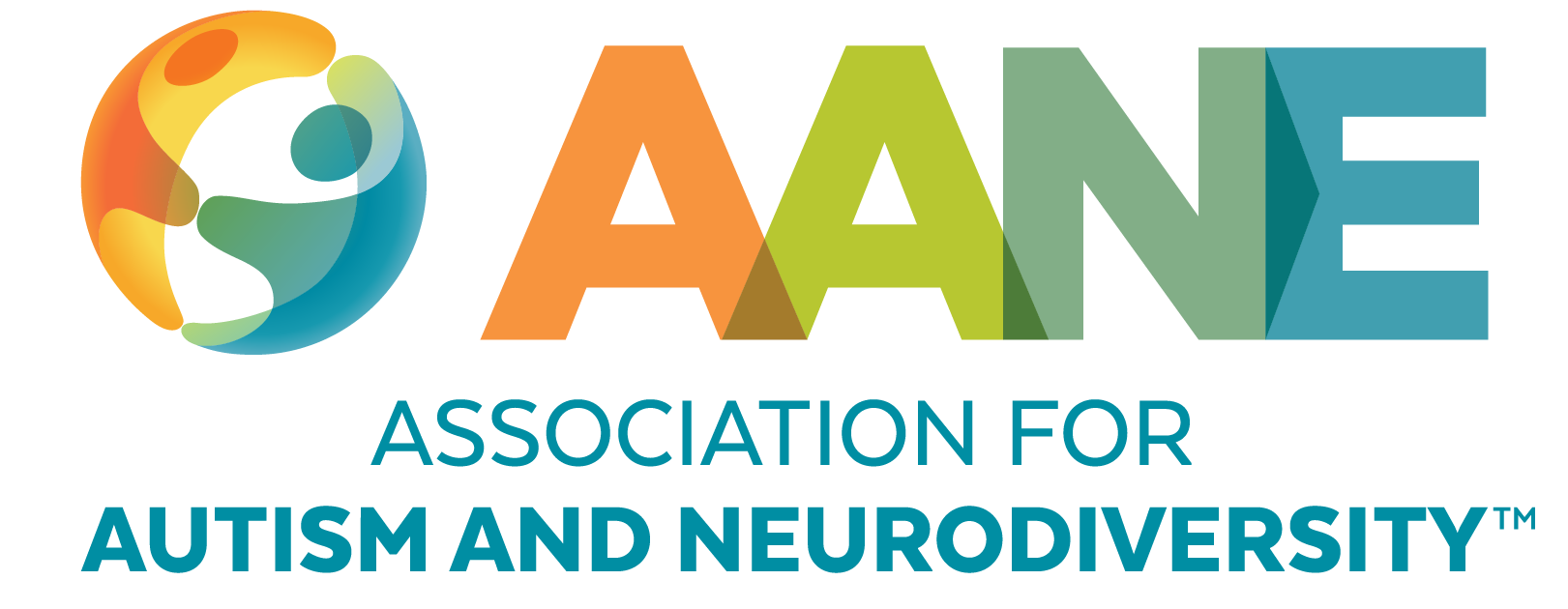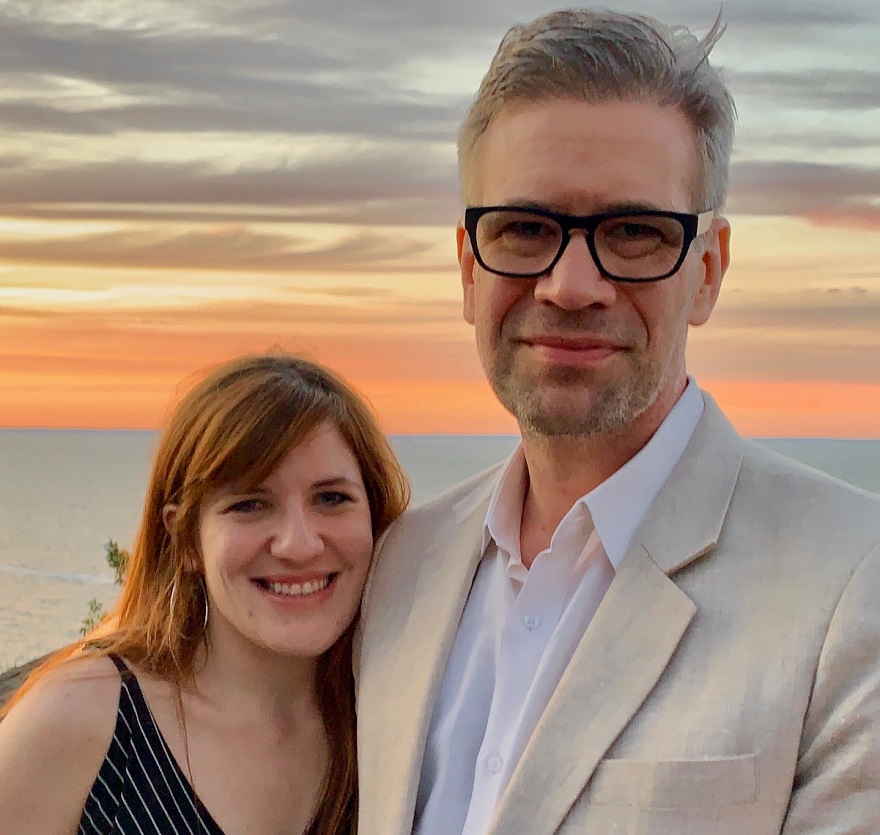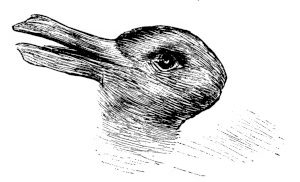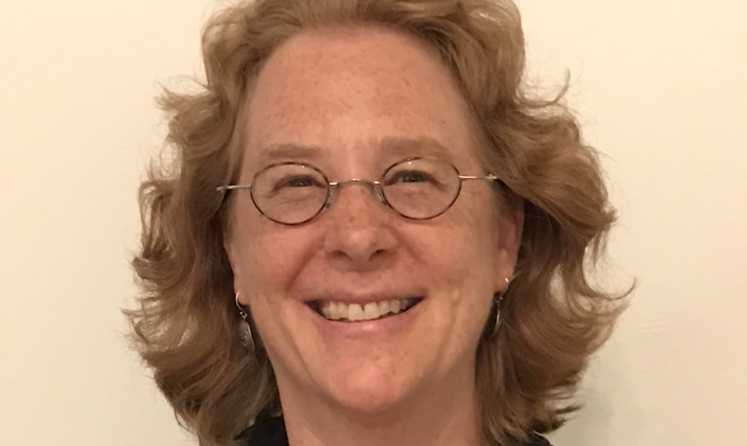
Dating & Relationships
About the Author
Dania Jekel, MSW is co-founder and former executive director of AANE. She was one of the first people to develop programs to train professionals about the needs and strengths of people on the autism spectrum, especially adults, women, and those who receive a diagnosis later in life. She also served on the Massachusetts Autism Commission.
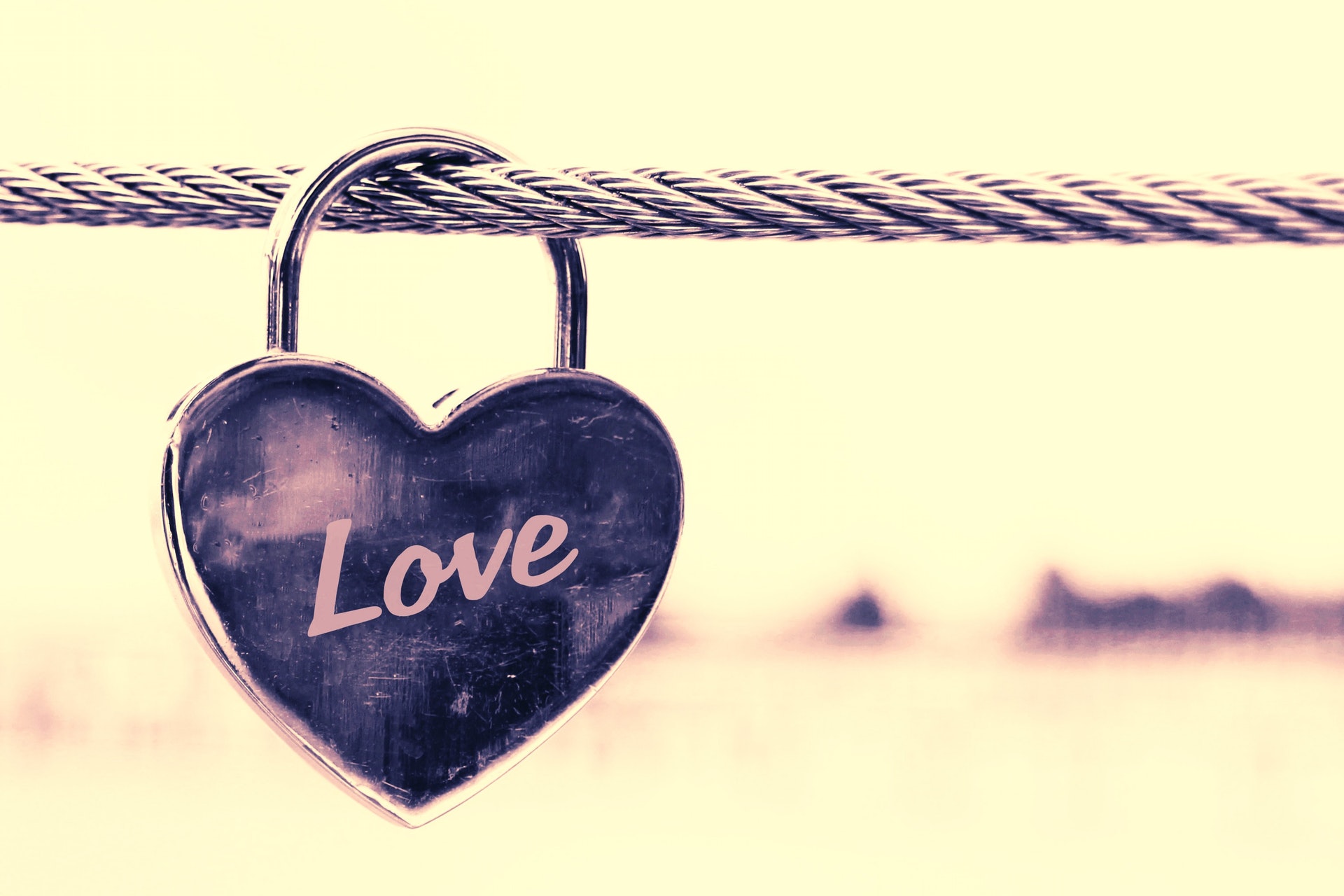
The arena of dating and relationships continues to be an area of great interest in our community. In fact, AANE periodically holds dating and healthy relationship workshops, and they are typically filled to capacity. I am delighted to say that over the years I have seen some of the most interesting and happy neurodiverse couples: some in traditional relationships and some who have found less traditional ways of having a significant other in their lives.
Of course a romantic relationship isn’t for everyone. Sometimes the expectations of our society, and possibly our families can make it seem that having some kind of a life partner is a requirement, but this is not true. It’s perfectly okay and possible to live a rich, fulfilling single life, and for some people, it’s much easier. Also keep in mind that how a person feels about relationships may change, and while it may not be of interest now, it could be in several years.
If you are an Autistic adult and feel finding a significant other is something you want, there are some very basic things to keep in mind.
First, you need to understand yourself and your needs, values, and expectations. What type of companionship do you want? How do you feel about physical intimacy? How much time do you want to spend with the person?
Second, remember that a relationship involves another person, and the relationship has to be mutually beneficial. Both individuals must have the capacity to understand and respond to the needs of their partner. This includes the ability to:
- listen to someone else and respond
- empathize and be supportive of someone else
- show respect
- consider someone else’s point of view
- compromise
- control anger in unpredictable and/or stressful situations.
- understand when expressions of affection, including sexual expressions, are mutually desired and appropriate.
If you feel you are ready for a relationship, the hard part can be finding someone who is compatible with you. Don’t feel a partner’s needs and desires have to be identical to yours. Most individuals in relationships have some things they do on their own such as socializing with friends or pursuing a special interest. Even though it can be hard, try to find someone who likes you for who you are, who doesn’t want to change you, and who would enjoy a lifestyle that suits you both. It’s wonderful if the person is a friend first and that relationship can deepen into something more.
My advice is that it’s best to find someone through a meet-up group, volunteer work, or social activity that you enjoy, but don’t go with the express purpose of finding a partner. It may or may not happen and it will take time. If you try online dating, please consult with someone who knows you well as you write your profile. Include a description that will highlight your interests and strengths, but will also describe your unique attributes. My suggestion is to be honest about yourself to avoid rejection and it will help you find a person who will be truly interested in you for who you are.
Try not to look for perfection. Throw out some of society’s notions of what a relationship should be like. Be creative. Healthy relationships demand communication, mutual respect, and understanding.
Whether you choose to have a relationship or not, I hope you find a life that suits you.
Stay Current
Subscribe for AANE weekly emails, monthly news, updates, and more!
